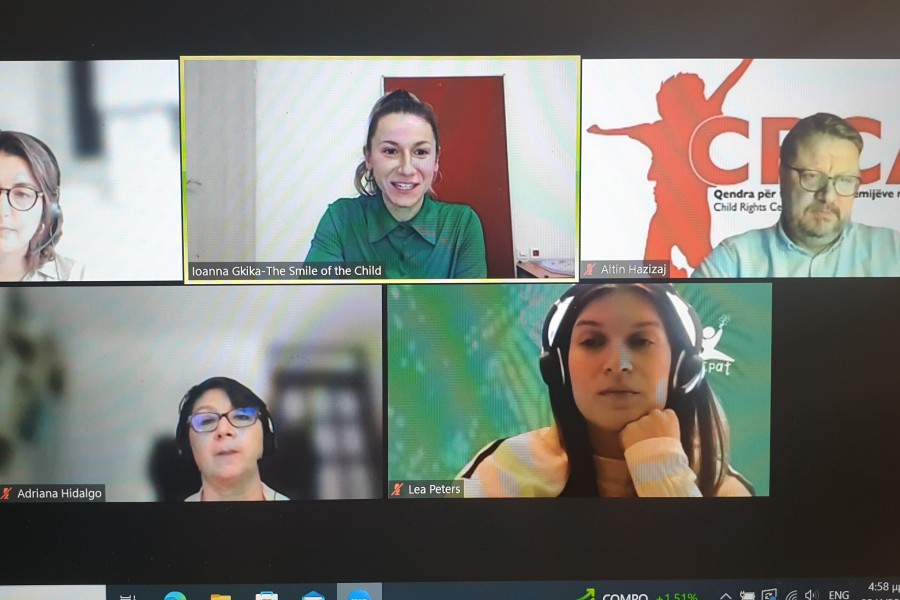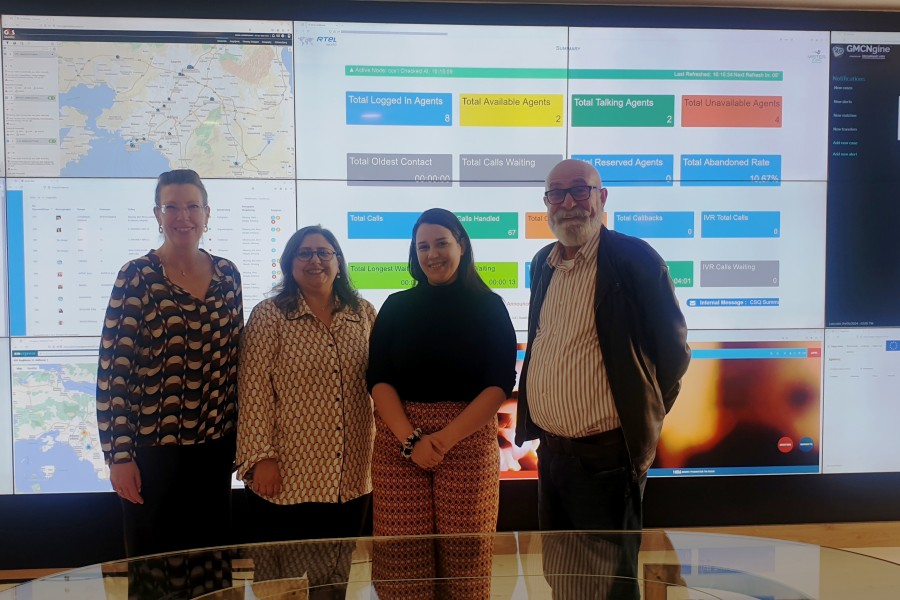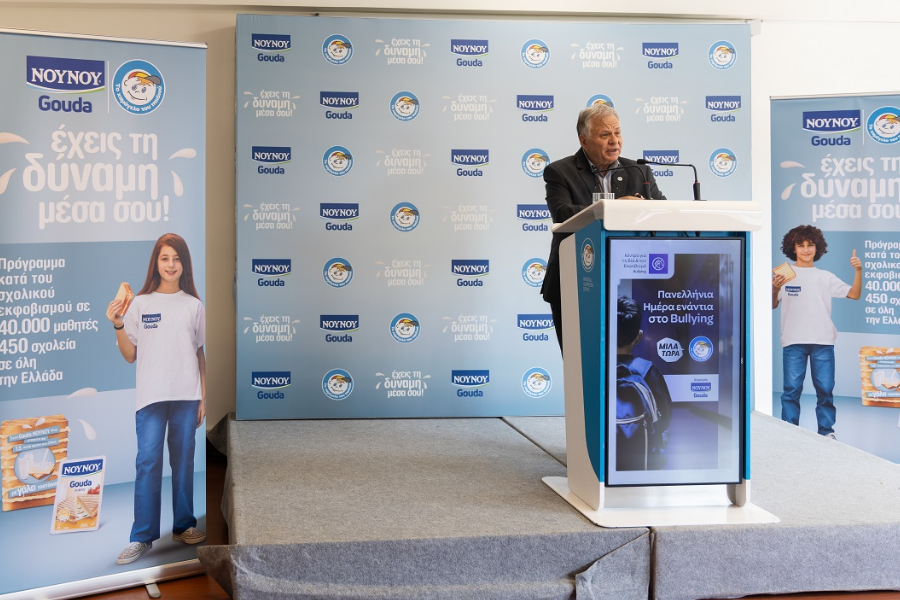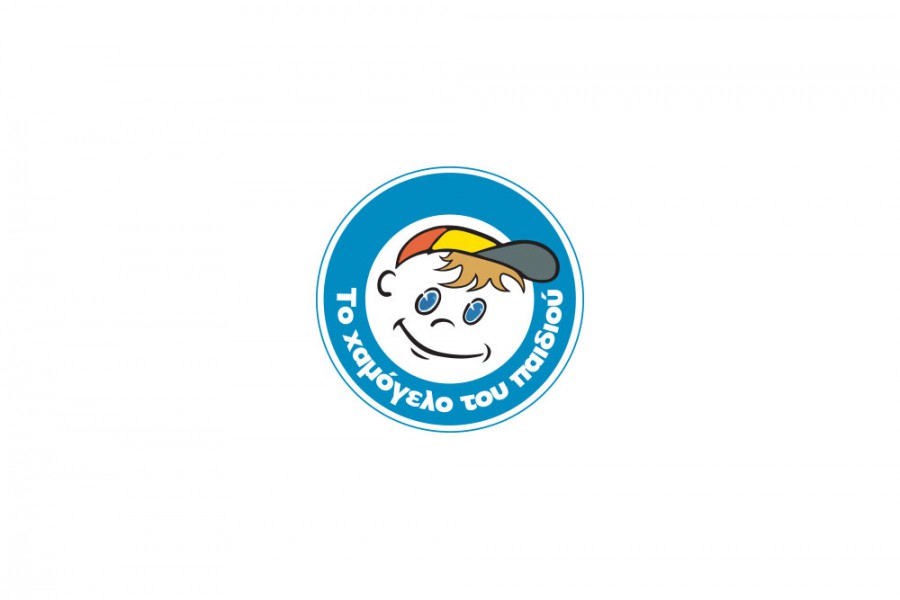"The Smile of the Child" at the General Assembly Meeting of the INGO Conference of the Council of Europe in Strasbourg
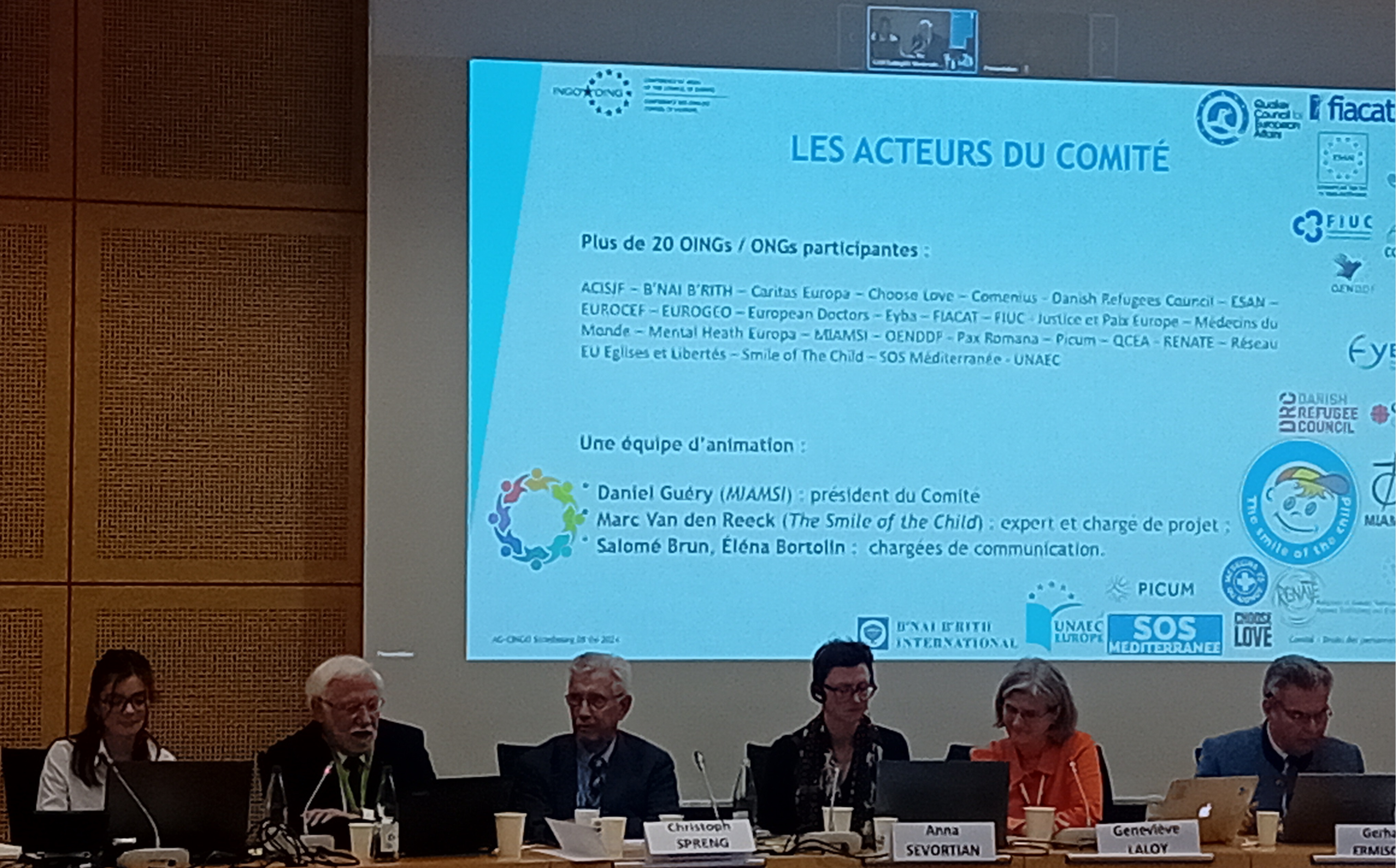
The Committee on Migration "Migrants' Rights" of the INGO Conference of the Council of Europe, participated in the Plenary–General Assembly meeting on 8 - 10 April 2024, during which ‘The theme of migration and asylum in election campaigns and the consequences on the welcoming and rights of migrants’, was discussed, among others.
"The Smile of the Child" participated in the General Assembly meeting of the INGO Conference Committee of the Council of Europe, as member of the Committee on Migration, where it plays a key role, based on its experience and knowledge in supporting and providing services to migrant populations.
During the General Assembly, a new mandate was given to the Migration Committee for the period 2024-2027 by vote, following the Committee’s presentation of its strategy and planned. Under its new mandate, the Committee will focus mainly on the issue of accommodation and its relation to access to services (education, healthcare), the labor market, the risks of trafficking in human beings, etc. A new four-member directive bureau of the Committee was set up, where “Smile” participates through its Head of International Cooperation, Amb. Marc Van den Reeck.
Additionally, during the Assembly, the consequences of the instrumentalisation of migration and asylum in an electoral context were highlighted as political polarization is steadily creeping into public opinion, into electoral behavior of citizens and into the political party landscape in many European countries. The issue of migration and asylum, as mentioned, is a driving force of major importance in this development. It was discussed that fieldwork experience and civil society clearly point out that a considerable segment of Europe’s public opinion favors more restrictive immigration and asylum policies, which are vocally ventilated in the discourse of certain political parties.
Hate speech, stigmatization of migrants and refugees, xenophobia, exclusion, incidents of violence, etc. are outright threats to the ethical values in which our European societies are rooted by historical nature and, inter alia, also by means of multiple Conventions, Recommendations and other legal instruments and monitoring mechanisms of the Council of Europe.
Combatting xenophobia, hate speech and exclusion of refugees and migrants can therefore not be seen as an isolated objective, according to the Fridez report, as they stressed that the weakening socio- economic security of a growing segment of European population and the growing number of European households in poverty or at risk of poverty, feed and enhance all sorts of negative perceptions about refugees and migrants.
The Migration Committee concluded that this resolution, based on the Fridez report, identifies several significant avenues, and overemphasized that the social and economic integration of refugees and migrants into our societies can only be achieved through a dynamic two-way process of intercultural education and genuine dialogue reflecting all stakeholders, required to create mutual empathy and understanding.
